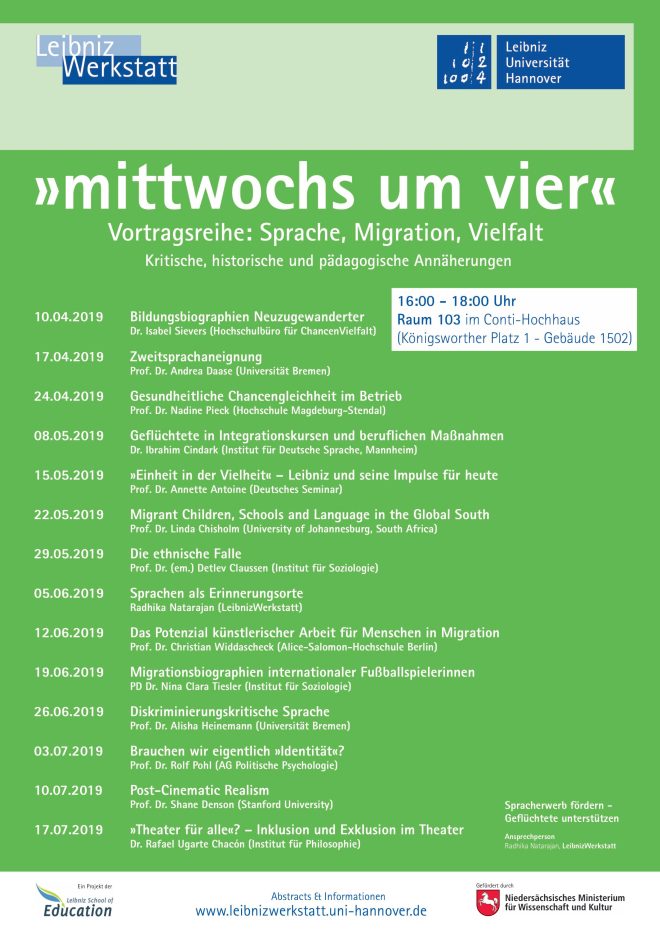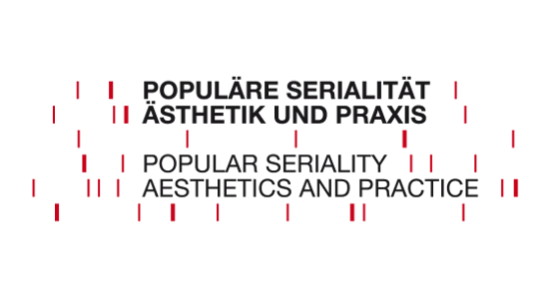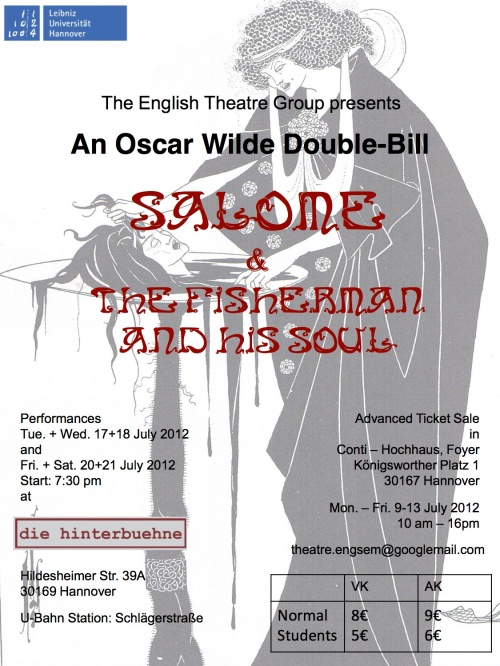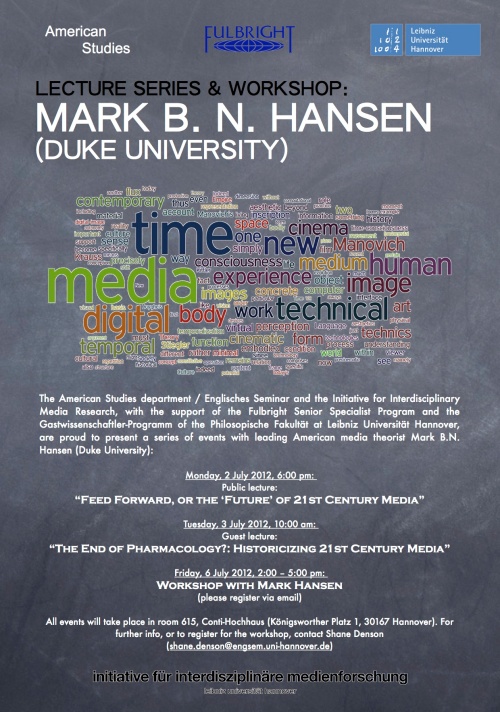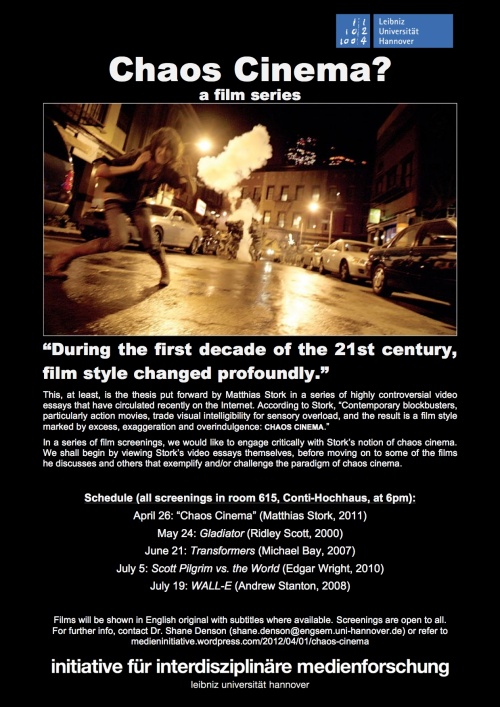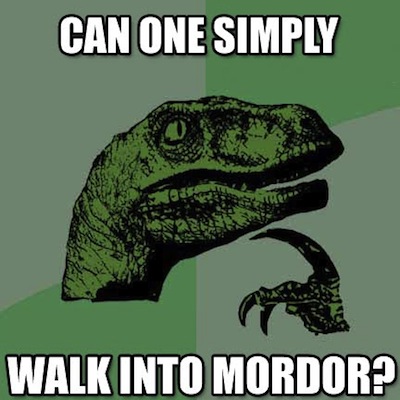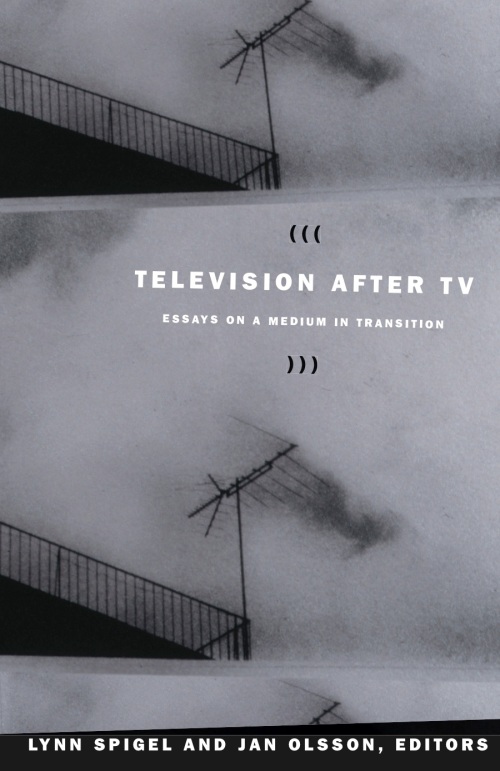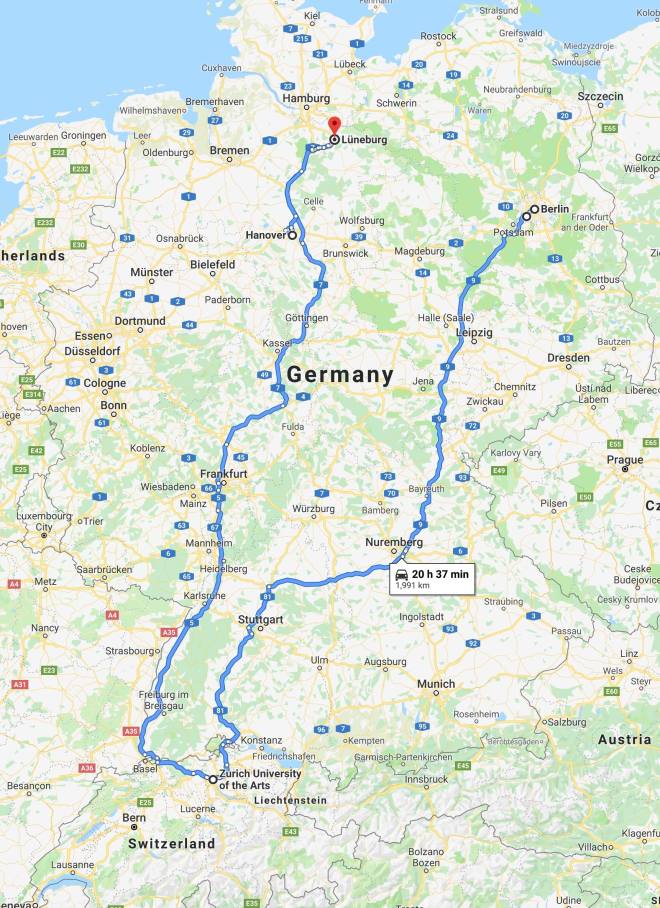
This summer, I will be spending a month in Germany, along with a short trip to Switzerland, for a series of talks and other events. Here is the full list:
June 21: “The Algorithmic Nickelodeon” — Screening and presentation at symposium on “Videographic Criticism: Aesthetics and Methods of the Video Essay,” ACUD-Kino Berlin
June 23-28: Stanford-Leuphana Summer Academy 2019: “Against Presentism” — at Stanford Berlin Campus
June 26, 6pm: “Desktop Horror: Screening Fear/Fearing Screens” — Presentation at the JFK Institute for North American Studies, Freie Universität Berlin
June 29: “Discorrelation and Seamfulness” — Presentation at the media-philosophical workshop on “Reflexivity in Digital Media,” Zürcher Hochschule der Künste, Zurich
July 1-19: Research Fellowship at the Institute for Advanced Study on Media Cultures of Computer Simulation — Leuphana University, Lüneburg
July 3: “Images of Discorrelation” — Presentation in the Media Cultures of Computer Simulation/Center for Digital Cultures Evening Colloquium Series, Leuphana University, Lüneburg
July 10: “Post-Cinematic Realism” — Presentation in the Sprache, Migration, und Vielfalt series at the Leibniz Universität Hannover
